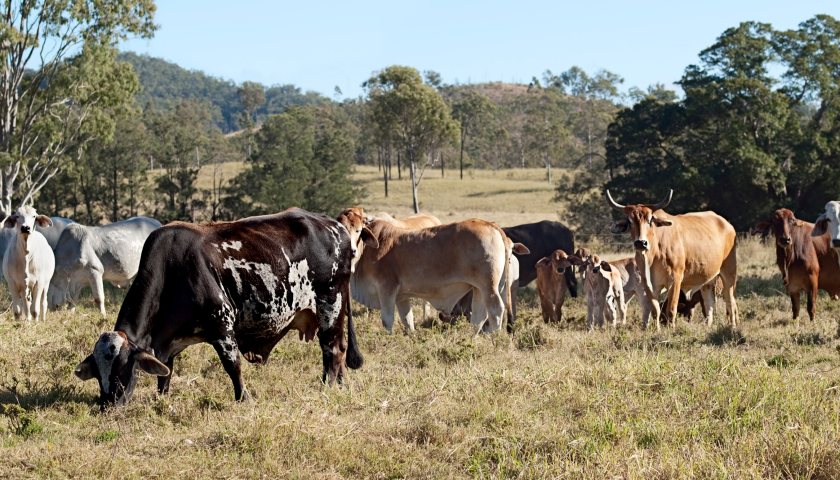
The Australian red meat industry has formally dropped its high-profile commitment to become carbon neutral by 2030, citing a lack of time, investment and and support.
Meat & Livestock Australia (MLA), the body representing the country’s livestock sector, made no mention of the pledge in its newly updated long-term strategy.
First announced in 2017, the target aimed to reduce emissions and offset any remainder through carbon sequestration in soils and vegetation.
The decision follows a similar move by the country's Red Meat Advisory Council, which quietly removed the climate neutrality objective from its strategic roadmap.
The rollback reflects a broader global trend of governments and corporations retreating from some earlier climate pledges.
Despite the change in stance, MLA insists that cutting emissions remains a key priority for the industry.
It has already seen significant reductions, with emissions from the red meat sector falling by 78% between 2005 and 2021, according to Australia’s national science agency CSIRO.
However, most of that drop was attributed to reduced land clearing and a smaller national herd, rather than innovations that directly reduce methane emissions from livestock.
The original strategy focused on mitigating methane through a combination of technological and biological advances.
These included breeding low-emission animals, feeding livestock methane-reducing supplements such as seaweed, and enhancing carbon storage in agricultural soils.
Australia is among the world’s top red meat exporters, with over 30 million cattle and more than 70 million sheep across the country.
